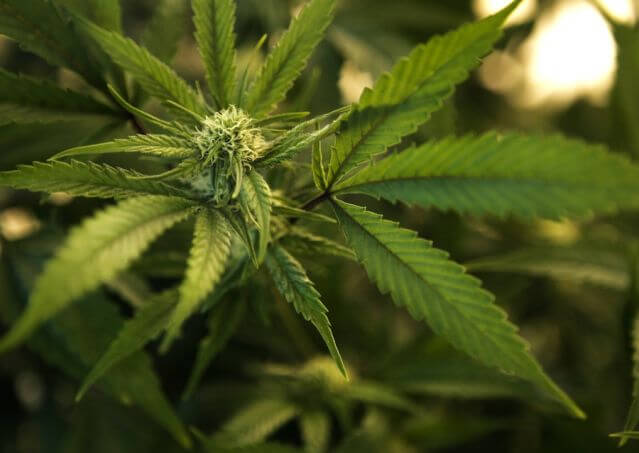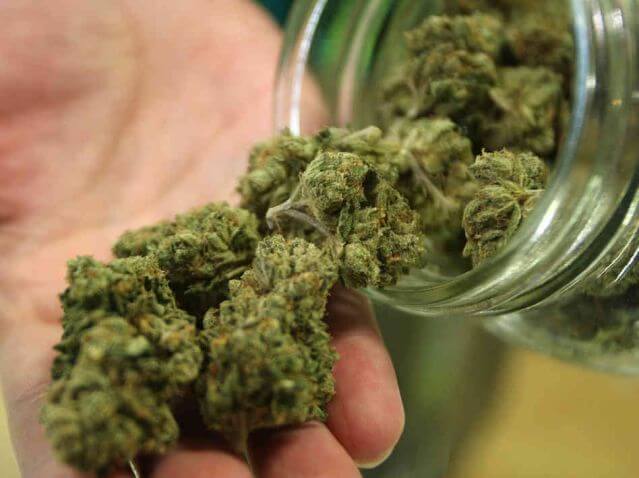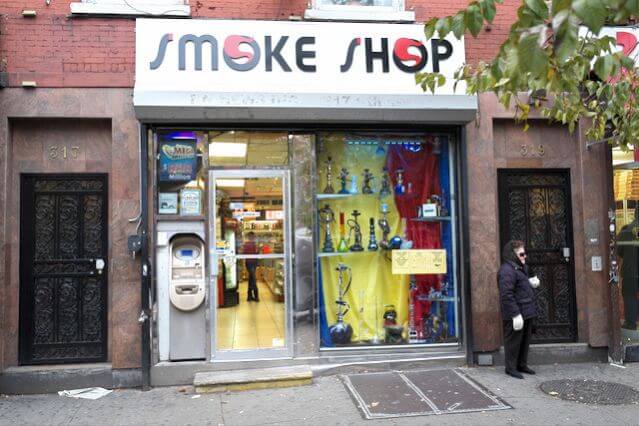The high holiday of potheads is upon us. But as pot-smokers celebrate 4/20, the very real push for legal marijuana in Pennsylvania is still an uphill battle.
Medical marijuana is legal in Pennsylvania and inching its way toward reaching the public. But licenses for grow operations and vendors still have not been awarded.
Marijuana activist N.A. Poe says the rules governing medical marijuana in Pennsylvania are too restrictive. They require a registry of doctors and patients and won’t provide plant-form cannabis to patients.
“All these corporate cannabis conglomerates are coming and have no knowledge of the culture, and I feel like that’s going to end up falling flat on its face,” Poe said. “These limited cannabis bills have become a new form of prohibition, and that’s alarming.”
Poe said he hopes medical marijuana becomes legal in Pennsylvania to help the patients who don’t otherwise have access. He also hopes statewide decriminalization bills recently introduced in Harrisburg by state representatives Ed Gainey and Barry Jozwiak are signs of progress.
Decriminalization passed in October 2014 in Philadelphia. Possession arrests have dropped from 3,773 in 2013 to 594 last year, Philly Weekly reported.
As for medical marijuana, the state is currently considering applicants for 27 dispensary permits, eight of which will be in Philadelphia, and 12 permits for growers, two in the southeast region that includes Philly.
State Rep. Jordan Harris is pushing for minority-owned companies to get a seat at the table when licenses are awarded.
“People are asking me, ‘Why would you even be concerned about that?’ Well, Pennsylvania does not have the best track record of including people of color in contracting or licenses,” Harris said. “I’ve met with these companies to ensure these firms are real majority-minority firms, not playing those games with two-percent ownership so they can get credit for minority participation.”
Harris added that job skills associated with the emerging marijuana industry, such as growing cannabis and processing and extracting THC, will be another benefit and in strong demand in states which have legalized marijuana.
If medical marijuana is a success, full legalization will be the next step, he said.
A legal marijuana industry in Pennsylvania is estimated to bring a taxable $2 billion a year in sales.
“Once we talk about how much more money we could be making, I think minds will be changing rapidly,” Harris said. “If we do medical marijuana correctly … and we find that the world does not stop and it will continue to rotate on its axis, then we will go back and see how we can expand marijuana as an industry in Pennsylvania.”






























